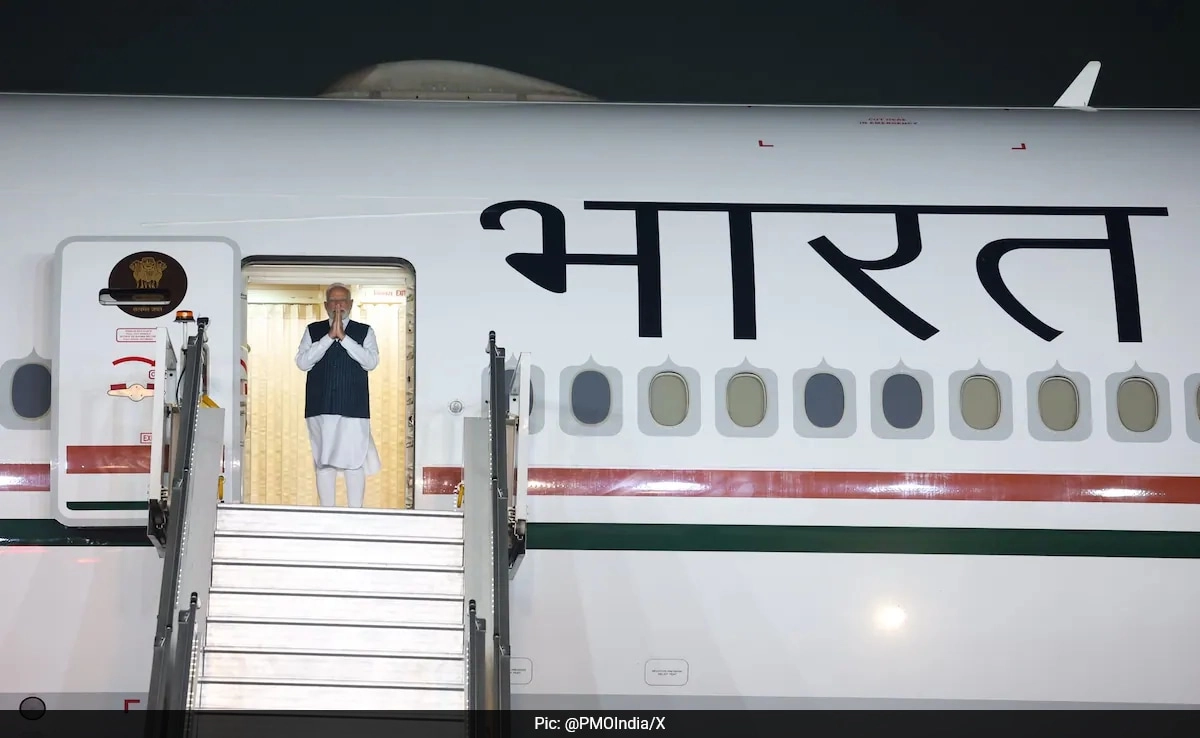Former Sri Lankan President Ranil Wickremesinghe has been moved to an intensive care unit (ICU) just one day after being incarcerated. This unexpected turn of events has raised concerns about his health and the circumstances surrounding his detention. Wickremesinghe, who has held the presidency during tumultuous times in Sri Lanka, was recently jailed as part of a broader crackdown on political figures following a period of intense civil unrest in the country. His move to the ICU has sparked a wave of speculation regarding the motivations behind his imprisonment and the overall political climate in Sri Lanka.
His sudden hospitalization highlights the serious implications of political instability in the nation, which has been grappling with economic challenges and widespread public discontent. Many citizens have expressed apprehension over the treatment of political leaders and the potential for further unrest. Wickremesinghe’s supporters argue that his health issues could be a reflection of the stress and pressure associated with his political career, particularly in light of the recent upheavals that have seen numerous protesters and political figures face imprisonment.
Moreover, the health status of Wickremesinghe is significant not only for his supporters but also for the international community, which is closely monitoring developments in Sri Lanka. The reactions from global leaders and human rights organizations could play a crucial role in shaping the narrative surrounding his detention and the ongoing political crisis. As Wickremesinghe remains in the ICU, the future of his political career and the stability of the Sri Lankan government hang in the balance, with many awaiting updates on his condition and the broader implications for governance in the country.




